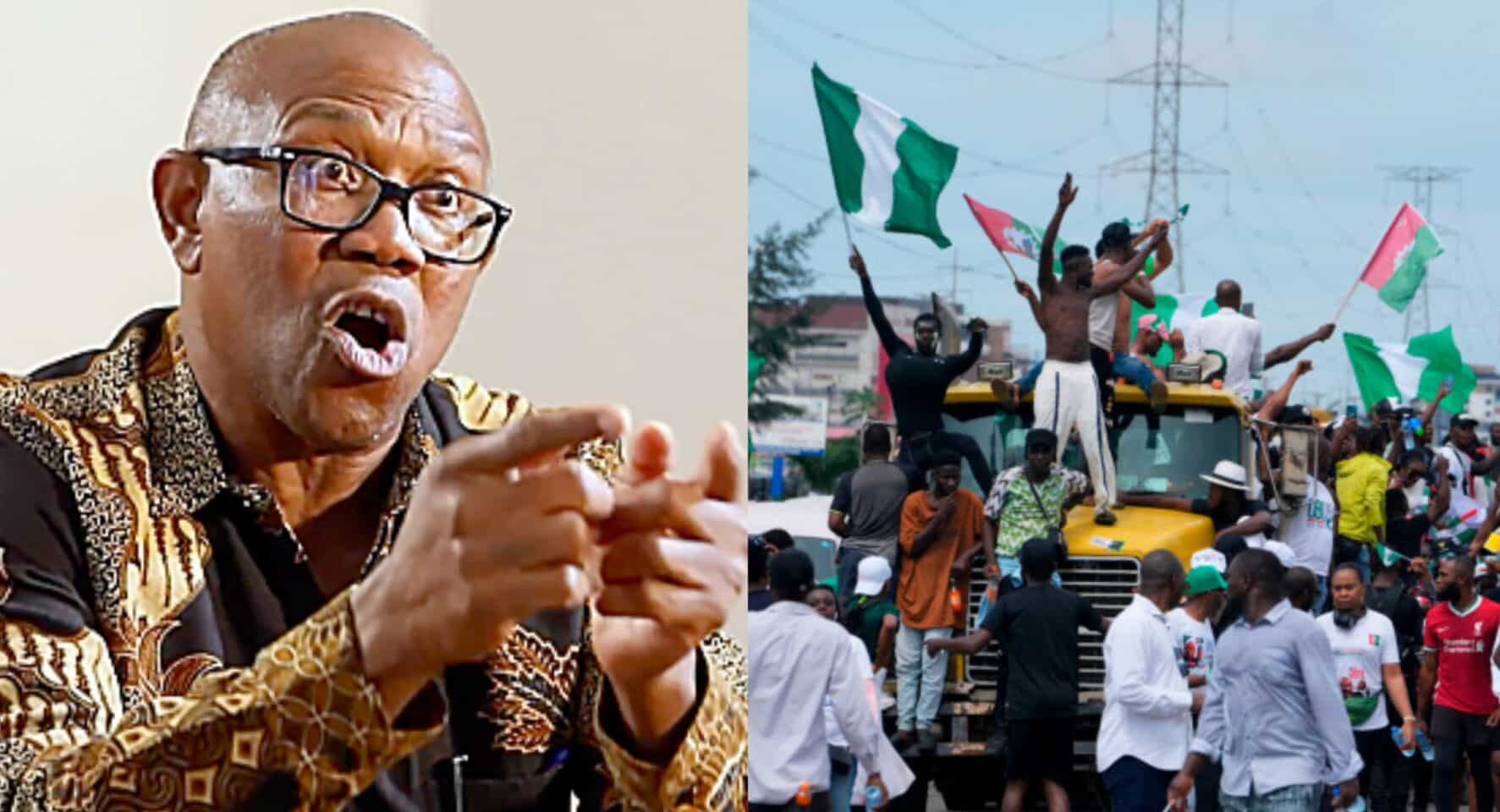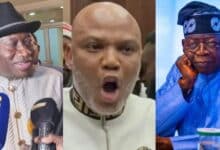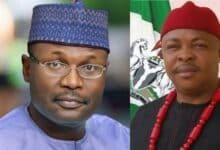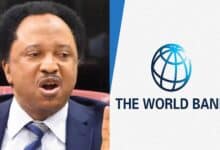The 2023 presidential campaign was marked by passionate supporters and heated rhetoric, but recent derogatory comments about the so-called ‘Obidient’ movement have reignited public discussion about the value and dignity of ordinary Nigerians. The Labour Party’s former presidential candidate has publicly decried what he describes as an unacceptable trend of labeling his supporters as “street urchins” or as people of little worth, urging fellow citizens to embrace empathy and respect in the country’s tense political climate.
Speaking via his official X (formerly Twitter) account, the respected politician addressed what he called a growing habit of name-calling directed at the energetic base backing his presidential run. He identified this as not just a personal affront, but a deeper reflection of how class divisions are being weaponized in Nigerian society.
Obi Responds: “My Supporters Deserve Respect, Not Ridicule”
In reaction to the social media backlash, which frequently painted his supporters in a negative light, the former Anambra State governor described such language as deeply troubling. “Lately, I have heard a few people say that those who follow Peter Obi are low-class Nigerians, and some have even gone as far as calling them ‘street urchins’ and people of no value,” he wrote. “It is deeply unfortunate that in today’s Nigeria, citizens now look down on fellow citizens in such a degrading manner.”
He insisted that his own outlook had always been anchored in humility and service. “I have never and will never look down on anyone, except to lift them up. After all, we can only rise by lifting others,” he asserted, echoing long-standing Nigerian values of community and mutual upliftment.
“I have never and will never look down on anyone, except to lift them up. After all, we can only rise by lifting others,” Obi emphasized, reinforcing his message of inclusion.
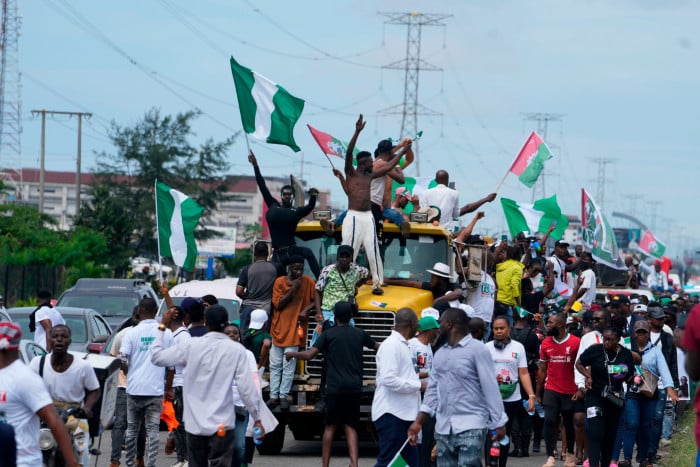
Placing the Common Nigerian First: A Lesson in Grassroots Politics
Reflecting on his time in politics, Obi clarified that his quest for leadership was never about mingling with the elite or those in powerful circles. Instead, his motivation stemmed from standing shoulder to shoulder with everyday people who often feel unheard and overlooked amid Nigeria’s daunting economic and social realities.
“My involvement in politics has never been about associating with the so-called high and mighty, but about standing with ordinary Nigerians whose voices have been silenced and whose resources have been stolen by the same ‘big names’ who now parade themselves with all sorts of titles and names,” he stated during his discussion on social class and representation.
He argued that all Nigerians, regardless of background or economic status, deserve genuine respect, dignity, and the chance to thrive. This perspective has resonated with many who feel disenfranchised, particularly in cities like Lagos, Port Harcourt, and Kano where inequality is stark and everyday challenges are immense.
“No Nigerian is of no value. No Nigerian is a street urchin,” he continued. “It speaks volumes about the state of our nation that everyday Nigerians are now battered by poverty and hardship to the point their leaders refer to them as of no value, and urchins.”
Wider Impact: Understanding the “Obidient” Support Base
The ‘Obidient’ movement grew rapidly in the lead-up to Nigeria’s 2023 general elections, drawing support from students, workers, market traders, and young professionals frustrated by entrenched political structures. According to Lagos-based political analyst Dr. Funmi Adewale, “the grassroots energy of this group reflected a new kind of civic consciousness in Nigeria – one that demanded accountability and social justice over old-school patronage.”
Observers from Ghana and beyond have noted similarities to other youth-led political awakenings across West Africa, such as the “#FixTheCountry” protests in Ghana and demands for more transparent governance in Senegal. In each case, accusations of elitism by establishment politicians have been met with passionate demands for inclusion and respect from those facing the daily trials of unemployment, inflation, and limited public services.
A recent survey by SBM Intelligence (2023) reported that almost 70% of Nigerian youth do not feel adequately represented by mainstream political parties. Many respondents said that seeing their peers labeled as “urchins” was both insulting and a missed opportunity for politicians to engage with citizens constructively.
Can Nigerian Politics Move Beyond Class-Based Divides?
The issue of social class in Nigerian politics remains a contentious one. While aspirants from all parties regularly promise to bridge the gap between rich and poor, public trust in political inclusivity is low. Legal expert Barrister Ifeanyi Onwudiwe notes, “Labelling by class is a tactic as old as Nigerian democracy itself, but it damages efforts to build true national unity and limits the reach of meaningful reforms.”
From bustling markets in Onitsha to the busy motor parks of Accra and Abidjan, ordinary people have expressed frustration with being pigeonholed by politicians. “Most people in my area just want to have hope that their voices matter,” says Abuja resident and civil servant Aminu Lawal. “When leaders use terms like ‘street urchins,’ it does more harm than good for democracy—it creates more distance between us.”
What Does a “New Nigeria” Look Like? Building a Future for All
According to advocates of inclusive governance, Nigeria’s path forward should center on restoring dignity, equity, and real opportunity for every citizen. Obi reaffirmed his commitment to this vision: “Every Nigerian deserves dignity, opportunity, and care. That is why I will continue to do my part to ensure that ordinary Nigerians enjoy a better life — one built on access to education, quality healthcare, and genuine efforts to lift them out of poverty.”
He added, “True leadership is not about mocking the weak; it is about lifting them up. A New Nigeria is Possible.” His comment reflects a wider sentiment echoed in many parts of Africa—the time for empathy, not mockery, has come, especially as economic uncertainty challenges millions of households in Nigeria and across the region.
Efforts are ongoing at different levels. Nigerian NGOs are increasingly focused on voter education and youth engagement. Community leaders and radio stations are urging a return to respectful discourse and unity, particularly as the 2027 elections approach. While institutional changes may take time, local empowerment campaigns offer hope for bridging divisions and fostering a more inclusive society.
Conclusion: Charting a Course Beyond Labels
As Nigeria and other West African nations grapple with political tensions, class divisions, and calls for social justice, the controversy over how ordinary supporters are portrayed highlights a deeper debate about national values and the true meaning of citizenship. In the end, respect, dignity, and opportunity remain common aspirations—for the young Obidient, the entrepreneur in Lagos, and the trader in Kumasi alike.
How can Nigeria foster more respectful, inclusive politics that empowers all its citizens—regardless of background? What does a “New Nigeria” mean to you? Drop a comment below and join the conversation.

